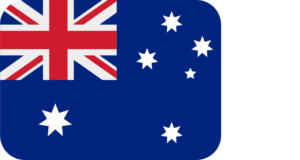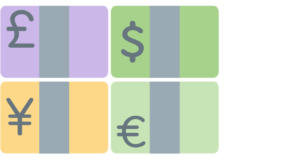In July, the share market returns for Developed Markets were higher (the MSCI World ex-Australia Index rose 1.2% for the month). Unhedged Emerging Market equity returns were also positive. There was a mixed reaction from equity markets to US economic data, with weaker US labour market data and lower than expected US inflation, which supported investor expectations for rate cuts.

USA
The US equity market was stronger in July. The S&P 500 gained 1.2%. Around half of the S&P 500 companies had reported their earnings by the end of the month. Generally, The results upheld the view that corporate fundamentals and US economic activity are still quite robust.

Europe
In Europe, business activity surveys were slightly weaker than expected. This lowered the performance of European equities relative to the US. The French election raised uncertainties which negatively impacted European markets.
In the UK, economic data was stronger than expected. The data reinforced the growing expectations for improved economic momentum. The UK Labour party overwhelmingly won the UK election (although this was widely expected).

Asia
The Chinese, Taiwanese and Japanese equity markets all fell.
Chinese equity performance was impacted by ongoing concerns about the real estate sector and risks to the broader economy.
Japanese equities were likely impacted by the stronger Yen (which followed an interest rate hike by the Bank of Japan), which led to offshore investors selling.

Australia
The Australian equity market outperformed Developed Markets. The ASX 300 rose 4.1%. The Consumer Discretionary sector was the standout, returning 9%. However, Utilities, Energy and Materials were the negative sectors. Australia’s CPI data showed that inflation rose 3.8% for the 12 months to June 2024. Inflation continues above the RBA’s target, and Housing and Health costs remain key contributors to that.

Currency and bonds
Bonds fell in July:
- Overseas bonds returned 1.9% (hedged into AUD), as investor expectations for short term interest rate cuts increased.
- US 10-year government bond yields dropped 32 basis points to 4.05%
- Australian 10-year government bond yield declined 19 basis points to 4.12%.
The Australian dollar was generally weaker against the currencies of major trading partners, falling:
- 2% against the US dollar
- 2% against the Euro
- 6% against the Yen, even though the Yen strengthened against most major currencies.

